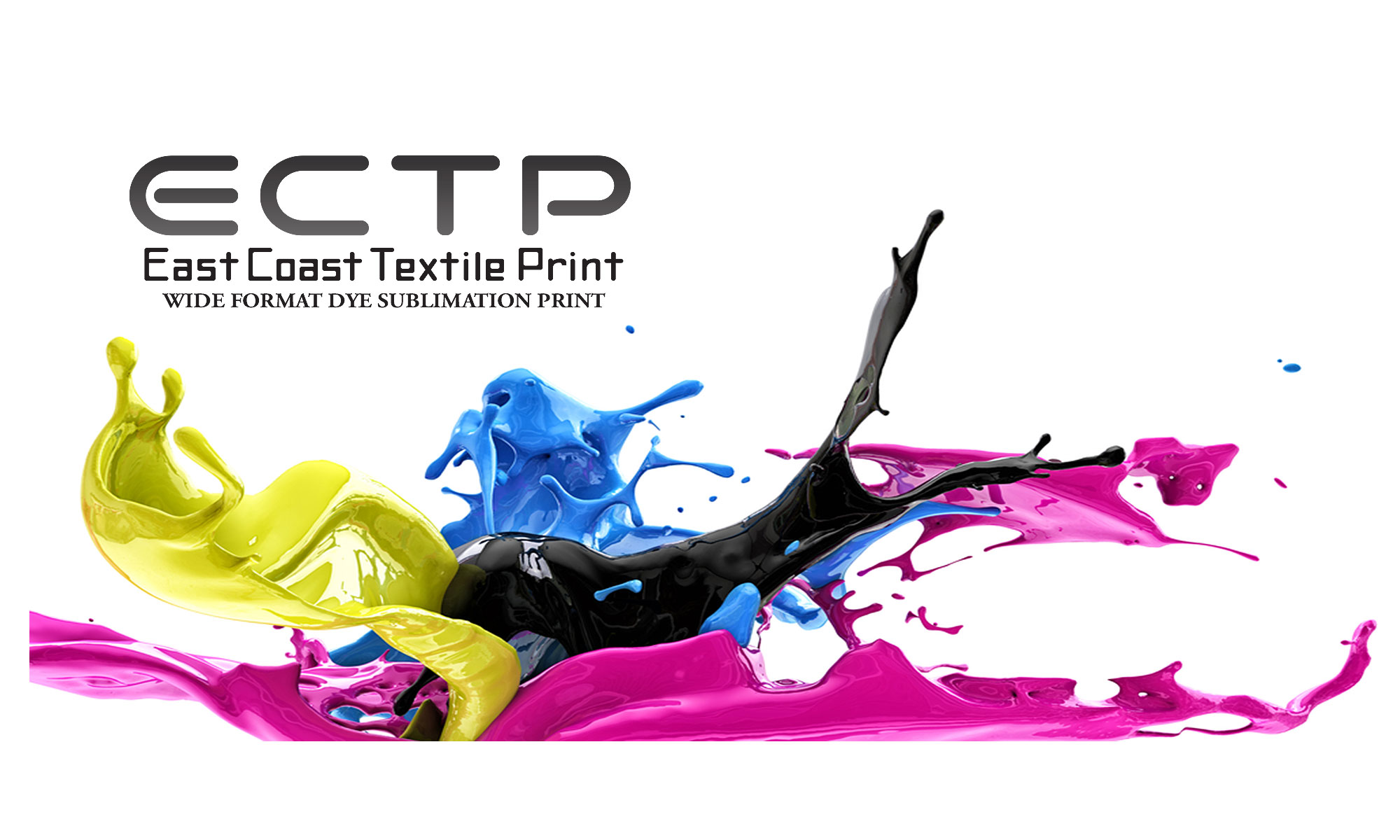The COVID-19 pandemic has wreaked havoc around the world, causing millions of deaths and disrupting economies. The development of vaccines has become a crucial tool in the fight against COVID-19. However, creating and distributing vaccines on a global scale is not an easy task, and supply agreements have become an essential component of the process.
Supply agreements are agreements between vaccine developers and governments or organizations that ensure the supply and delivery of vaccines. These agreements are essential because they serve to allocate vaccine doses to different countries. They also provide a framework for pricing and distribution.
The nature of these agreements is complex, as they involve multiple stakeholders, including vaccine developers, governments, international organizations, and buyers. The agreements typically specify the quantity, quality, and price of vaccines, as well as the terms and conditions of delivery and distribution.
While supply agreements can be negotiated between various parties, some have faced criticism for their lack of transparency and accessibility. For instance, some high-income countries have entered into advance purchase agreements with vaccine manufacturers, potentially leaving low- and middle-income countries at a disadvantage.
To ensure equitable access to vaccines, the World Health Organization (WHO) has launched the COVAX Facility, a global initiative aimed at ensuring that vaccines are made available to all countries, regardless of income level. The COVAX Facility has secured agreements with multiple vaccine manufacturers to supply vaccines to participating countries, including low- and middle-income countries.
The COVAX Facility is just one example of an effort to ensure that vaccine supply agreements are equitable, transparent, and accessible. Other initiatives, such as the COVID-19 Technology Access Pool (C-TAP), have been launched to promote sharing of vaccine-related technology and intellectual property, further enhancing global access to vaccines.
In conclusion, supply agreements have played a crucial role in the development and distribution of COVID-19 vaccines. They ensure that vaccines are produced, priced, and distributed fairly among countries. However, transparency, accessibility, and equity issues have emerged, highlighting the need for a more coordinated and collaborative approach in the global fight against COVID-19. The COVAX Facility and C-TAP are examples of initiatives that can help address these challenges and ensure equitable access to vaccines for all.
